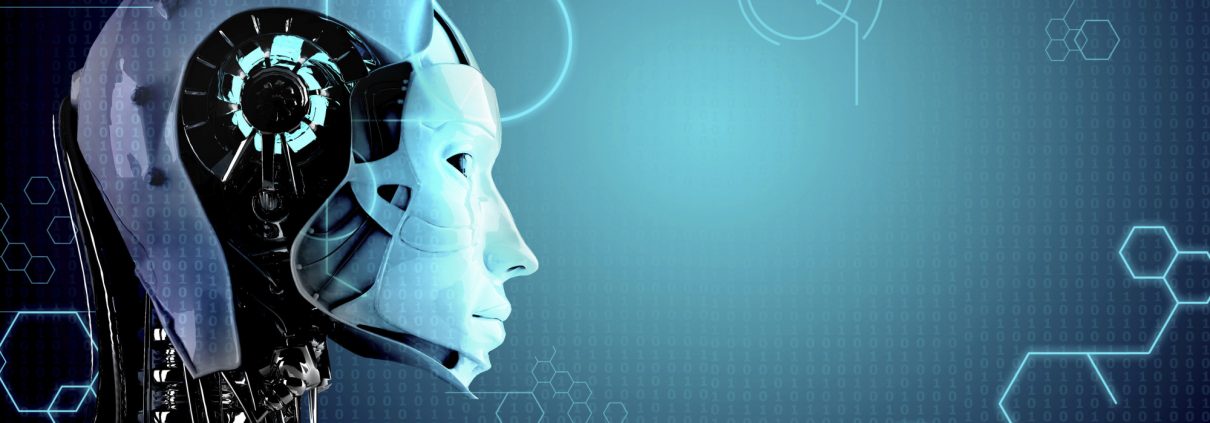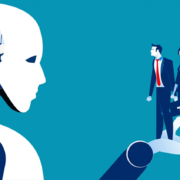Artificial Intelligence Will Take Jobs
A few months back, Treasury Secretary Steve Mnuchin said that AI wasn’t on his radar as a concern for taking over the American labor force and went on to say that such a concern might be warranted in “50 to 100 more years.” If you’re reading this, odds are you also think this is a naive, ill-informed view.
An array of experts, including Mnuchin’s former employer, Goldman Sachs, disagree with this viewpoint. As PwC states, 38% of US jobs will be gone by 2030. On the surface, that’s terrifying, and not terribly far into the future. It’s also a reasonable, thoughtful view, and a future reality for which we should prepare.
Naysayers maintain that the same was said of the industrial and technological revolutions and pessimistic views of the future labor market were proved wrong. This is true. Those predicting doom in those times were dead wrong. In both cases, technological advances drove massive economic growth and created huge numbers of new jobs.
Is this time different?
It is. Markedly so.
The industrial revolution delegated our labor to machines. Technology has tackled the mundane and repetitive, connected our world, and, more, has substantially enhanced individual productivity. These innovations replaced our muscle and boosted the output of our minds. They didn’t perform human-level functions. The coming wave of AI will.
Truckers, taxi and delivery drivers, they are the obvious, low-hanging fruit, ripe for AI replacement. But the job losses will be much wider, cutting deeply into retail and customer service, impacting professional services like accounting, legal, and much more. AI won’t just take jobs. Its impacts on all industries will create new opportunities for software engineers and data scientists. The rate of job creation, however, will lag far behind that of job erosion.
But it’s not all bad! AI is a massive economic catalyst. The economy will grow and goods will be affordable. We’re going to have to adjust to a fundamental disconnect between labor and economic output. This won’t be easy. The equitable distribution of the fruits of this paradigm shift will dominate the social and political conversation of the next 5-15 years. And if I’m right more than wrong in this post, basic income will happen (if only after much kicking and screaming by many). We’ll be able to afford it. Not just that — most will enjoy a better standard of living than today while also working less.
I might be wrong. The experts might be wrong. You might think I’m crazy (let’s discuss in the comments). But independent of specific outcomes, I hope we can agree that we’re on the precipice of another technological revolution and these are exciting times!









